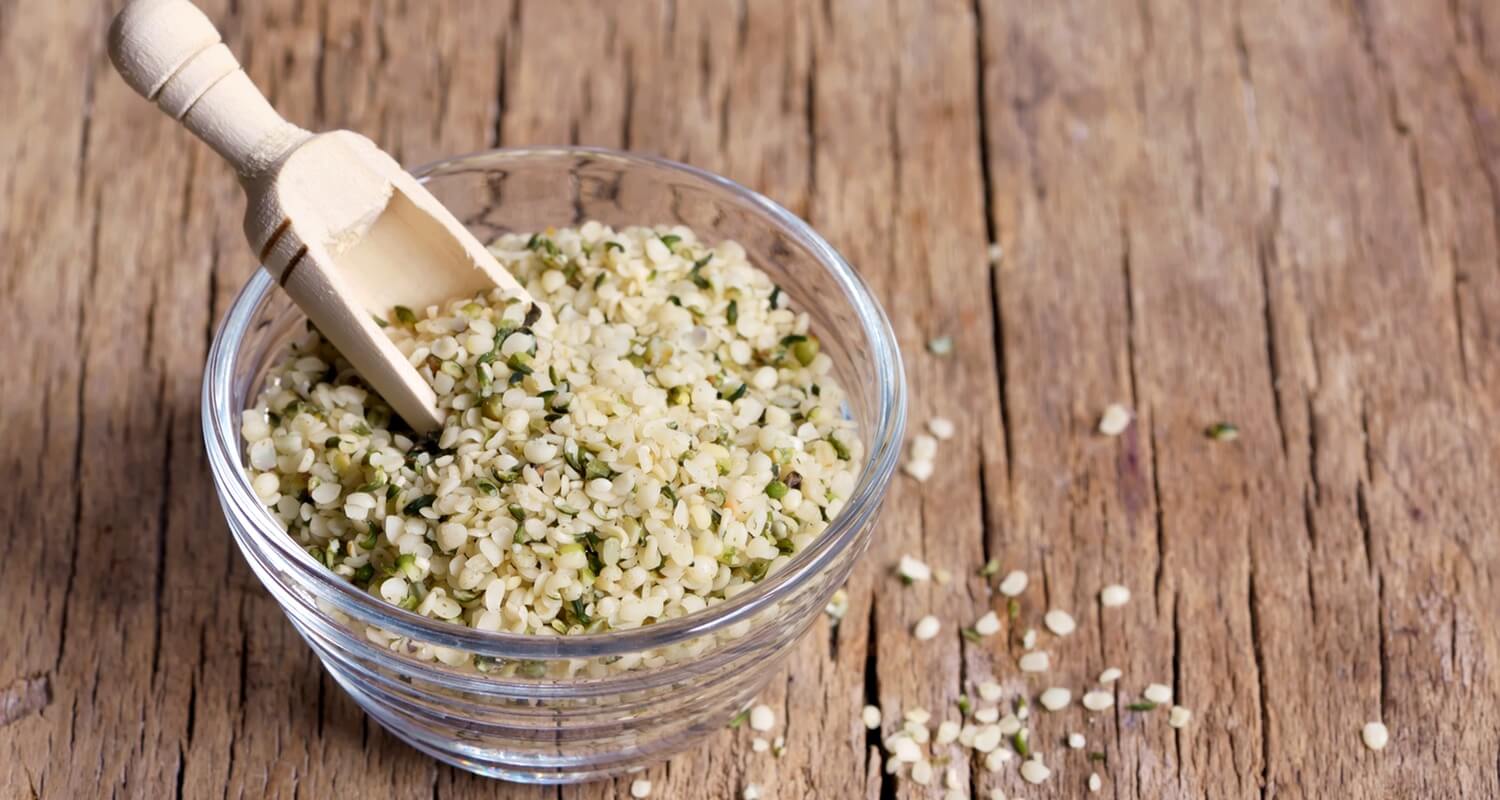Hemp, a flexible crop with a myriad of programs ranging from textiles to wellness supplements, has found a resurgence in interest globally, which include in Canada. With the legalization of cannabis for leisure and medicinal purposes in Canada, hemp cultivation has received prominence owing to its non-intoxicating qualities and various industrial apps. Having said that, like any agricultural endeavor, hemp farming in Canada is matter to restrictions aimed at ensuring compliance, high quality handle, and customer safety. In this short article, we delve into the regulatory landscape governing hemp farming in Canada, exploring licensing demands, cultivation tips, and the evolving lawful framework.
Record of Hemp Regulation in Canada:
Hemp has a long historical past in Canada, relationship back again to the early colonial interval when it was cultivated for fiber and foodstuff. Nonetheless, its cultivation witnessed a decrease in the 20th century due to regulatory limits and misconceptions about its association with psychoactive hashish. The turning level arrived with the passage of the Industrial Hemp Polices in 1998, which permitted licensed cultivation of hemp with low THC (tetrahydrocannabinol) content. Since then, hemp farming in Canada has been regulated underneath the Hashish Act and its accompanying restrictions.
Licensing and Regulatory Bodies:
To engage in hemp cultivation in Canada, individuals and entities will have to get hold of a license from Well being Canada, the federal office responsible for overseeing hashish polices. Well being Canada presents different types of licenses depending on the supposed routines, such as cultivation, processing, and advertising of hemp merchandise. Prospective hemp farmers have to endure a extensive software approach, which features track record checks, security clearances, and compliance with demanding regulatory specifications.
Cultivation Tips:
Hemp cultivation in Canada is ruled by stringent rules aimed at making certain the integrity and high-quality of the crop when reducing the chance of diversion to illicit markets. Important polices consist of restrictions on THC articles, required testing of hemp samples to confirm compliance, and adherence to Great Agricultural and Assortment Practices (GACP). Farmers are also necessary to preserve detailed information of their cultivation functions, which include seed sources, cultivation methods, and harvest data.
THC Articles Restrictions:
One particular of the central regulatory factors of hemp cultivation in Canada is the restriction on THC content. THC is the psychoactive compound identified in hashish plants, and hemp versions cultivated for industrial needs ought to contain considerably less than .three% THC on a dry fat foundation. This threshold distinguishes hemp from psychoactive cannabis versions and is very important for making sure compliance with each domestic and intercontinental laws. Health Canada conducts normal inspections and tests to confirm THC stages in hemp crops, and non-compliant crops could be subject matter to seizure and destruction.
High-quality Management and Tests:
Quality command is paramount in the hemp market to be certain consumer security and product consistency. Health Canada mandates arduous testing of hemp samples for several parameters, which include THC articles, CBD (cannabidiol) concentrations, pesticides, weighty metals, and microbial contaminants. imp source ought to utilize accredited tests laboratories and adhere to standardized testing protocols to sustain compliance. By implementing sturdy high quality regulate actions, regulators purpose to safeguard public health and maintain the integrity of the hemp marketplace.
Export and Import Regulations:
Canada is a important player in the world-wide hemp marketplace, exporting a broad selection of hemp-derived items, together with fiber, seed, oil, and CBD extracts. Having said that, intercontinental trade in hemp is issue to complex restrictions, such as import requirements imposed by place nations. Wellbeing Canada provides guidance to exporters on compliance with international polices and assists in getting the important permits and certifications. In the same way, importers of hemp merchandise into Canada will have to make certain compliance with domestic restrictions, like licensing prerequisites and good quality criteria.

Emerging Tendencies and Long run Outlook:
The hemp sector in Canada is encountering fast expansion and innovation, pushed by raising shopper need for hemp-derived products and solutions and developments in agricultural technological innovation. With the modern legalization of hashish edibles and extracts, there is developing desire in hemp-derived CBD items for therapeutic and wellness applications. Furthermore, exploration into novel hemp cultivars with improved properties, these as increased CBD content material or enhanced fiber high-quality, holds promise for increasing the sector and diversifying product choices.
Conclusion:
Hemp farming in Canada is ruled by a in depth regulatory framework aimed at making sure compliance, quality regulate, and client basic safety. By licensing specifications, cultivation recommendations, and stringent good quality regulate steps, regulators strive to preserve the integrity of the hemp sector when fostering innovation and economic development. As the industry carries on to evolve, stakeholders have to continue to be abreast of regulatory developments and ideal tactics to navigate the advanced landscape of hemp cultivation in Canada